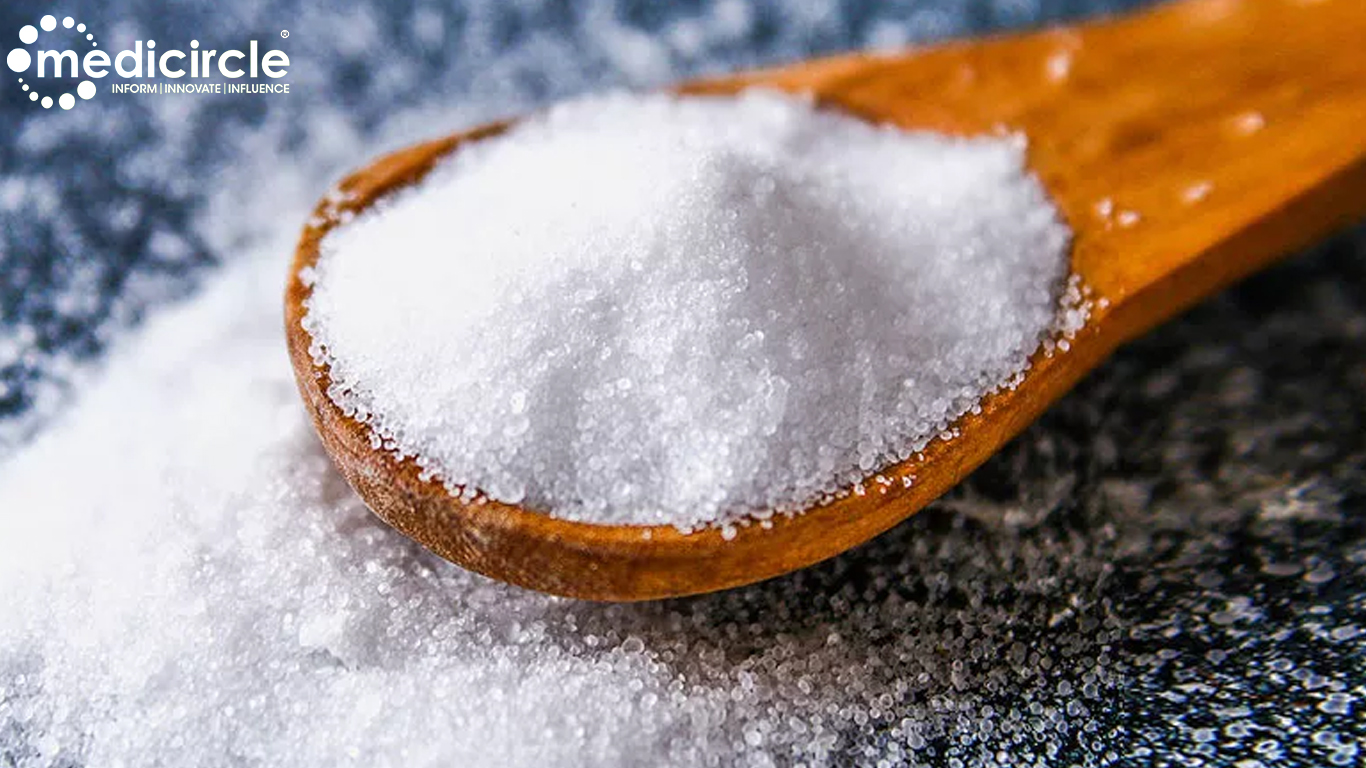Eczema, a common inflammatory skin condition, affects millions of people worldwide. Characterized by dry, itchy patches of skin, eczema can significantly impact the quality of life. A recent study has found that high levels of sodium, commonly consumed through salt, could increase the risk of eczema. This discovery sheds light on how dietary habits, specifically sodium intake, can influence the development and severity of eczema.
Sodium and Eczema: The Connection
Previous studies have already established a link between sodium levels in the skin and autoimmune and chronic inflammatory conditions, including eczema. It has been observed that teenagers who frequently consume fast food, which is often high in dietary sodium, have a higher likelihood of developing eczema. This new study, conducted by researchers from the University of California San Francisco (UCSF), further strengthens this connection by quantifying the risk associated with sodium intake.
Key Findings of the Study
The study found that consuming even one extra gram of sodium beyond the daily recommendation can increase the chances of eczema flares by 22 percent. To put this into perspective, one gram of sodium is roughly the amount present in half a teaspoon of table salt or in a Big Mac from McDonald's.
Dietary Recommendations and Current Intake
The World Health Organization (WHO) recommends a sodium intake of less than two grams per day. However, the UK's National Health Service (NHS) suggests a slightly higher intake of 2.3 grams per day. Despite these guidelines, many people, especially in industrialized countries, consume sodium well above these recommendations, largely due to the high salt content in processed and fast foods.
Implications for Eczema Patients
The study's researchers highlight that the chronic skin condition has become more prevalent in recent years, particularly in industrialized countries. This trend suggests that environmental and lifestyle factors, such as diet, play a significant role. Limiting sodium intake could be a straightforward and effective strategy for eczema patients to manage their condition.
Managing Eczema Through Diet
"Eczema flares can be difficult for patients to cope with, especially when they are unable to anticipate them and don’t have recommendations on what they can do to avoid them," says Katrina Abuabara, an associate professor of dermatology at UCSF and the study's corresponding author. She emphasizes that reducing sodium intake might be a simple yet effective approach to mitigating eczema symptoms.
Research Methodology
The research team used data from over 200,000 people aged 30-70 years from the UK Biobank. This data included urine samples and electronic medical records. By analyzing the urine samples, the researchers could estimate each participant's sodium intake. They then cross-referenced this data with medical records to determine if the participants had been diagnosed with eczema or atopic dermatitis and assessed the severity of the condition.
Findings and Future Directions
The analysis revealed that consuming just one gram more sodium than recommended increased the likelihood of developing eczema by 22 percent. This finding is significant as it highlights the impact of even small dietary changes on health outcomes.
The researchers suggest that future studies should explore the potential benefits of restricting sodium intake as a dietary intervention for eczema. Such studies could provide more concrete evidence and guidelines for managing this common and often debilitating condition.
The recent study from UCSF highlights a critical connection between sodium intake and the risk of developing eczema. With eczema becoming increasingly common, especially in industrialized nations, understanding the role of diet in managing this condition is crucial. Reducing sodium intake could offer a simple, effective way for eczema patients to control their symptoms and improve their quality of life.
Practical Tips for Reducing Sodium Intake
For those looking to manage their eczema through dietary changes, here are some practical tips for reducing sodium intake:
1. Read Food Labels: Check the sodium content on food labels and choose products with lower sodium levels.
2. Cook at Home: Preparing meals at home allows you to control the amount of salt used.
3. Use Herbs and Spices: Enhance the flavor of your food with herbs and spices instead of salt.
4. Limit Processed Foods: Reduce consumption of processed and fast foods, which are typically high in sodium.
5. Opt for Fresh Ingredients: Fresh fruits, vegetables, and lean proteins are naturally low in sodium.
By making these simple changes, individuals can potentially reduce their risk of eczema flares and improve their overall health. As the research suggests, even small reductions in sodium intake can have a significant impact on managing eczema symptoms.

 Reducing sodium intake could offer a simple, effective way for eczema patients to control their symptoms and improve their quality of life.
Reducing sodium intake could offer a simple, effective way for eczema patients to control their symptoms and improve their quality of life.










.jpeg)

.jpg)


.jpeg)
.jpeg)


.jpeg)
.jpg)





.jpeg)


